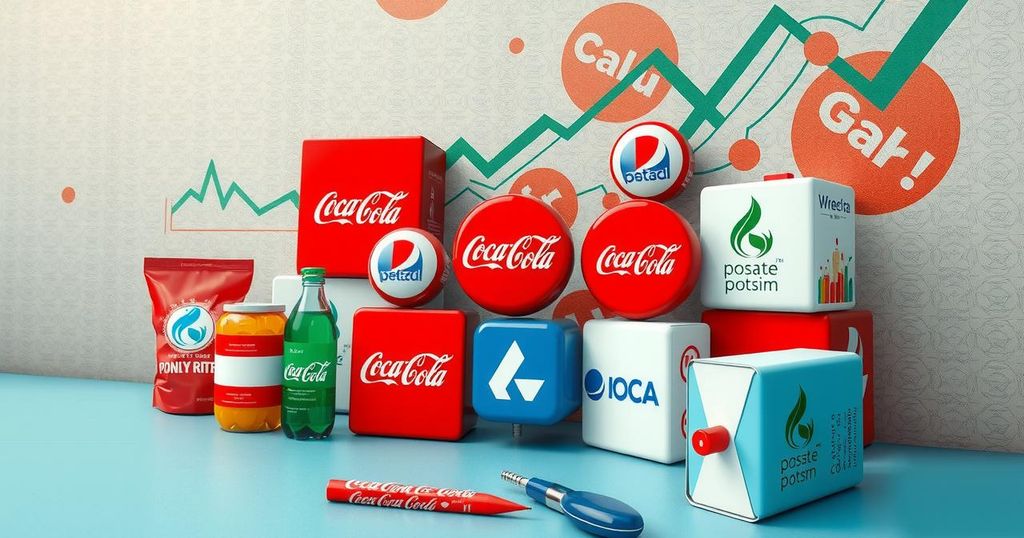The Key Role of Gum Arabic in Global Industries Amid Sudan’s Conflict
Coca-Cola, Nestlé, and L’Oréal rely on Gum Arabic, predominantly sourced from Sudan. Ongoing conflict has disrupted its supply, leading to a shadow economy that harms Sudan’s formal economy and inadvertently supports militia forces. Companies must enhance sourcing transparency and explore alternatives to address this issue effectively.
In recent discussions, the significant role of Gum Arabic in various industries, particularly in light of the ongoing conflict in Sudan, has come to the forefront. Companies such as Coca-Cola, Nestlé, and L’Oréal rely on this essential ingredient, also known as Acacia Gum, which is derived from Acacia trees. This natural resin serves as a stabilizer, thickener, emulsifier, and binding agent across multiple products, including soft drinks, chocolates, and cosmetics.
Historically, Sudan has been the primary source of Gum Arabic, contributing over 80% of the global supply. However, the turmoil following the conflict between the Sudanese Armed Forces and the Rapid Support Forces since April 2023 has severely disrupted its production and export. The RSF’s control over gum-producing regions has led to challenges in regular harvesting and transportation, impacting the availability of this vital resource.
The conflict has given rise to a shadow economy, whereby the RSF smuggles Gum Arabic into neighboring countries instead of facilitating formal exports. This illicit trade not only enables the RSF to impose informal taxes but also deprives the Sudanese government of essential revenue from its primary foreign exchange earner, undermining the formal economy in Sudan.
While multinational companies may not be directly sourcing from RSF-controlled regions, they are indirectly supporting this war economy through smuggled supplies, which often come at a lower price but lack necessary certification for sustainability and ethical standards. This situation presents a dilemma for global brands that inadvertently contribute to the funding of militia forces.
Some companies have attempted to diversify their sourcing, with Ingredion reportedly shifting to alternatives from Cameroon. However, the dominance of Sudan in the Gum Arabic market makes complete replacement challenging. Emerging alternatives, such as low-level pectin and corn-derived gums, show promise, yet finding a substitute with identical properties remains complex.
To address the ongoing issue, corporations must encourage stricter certification processes, enhance transparency in their supply chains, and invest in alternative sources. Until effective measures are adopted, consumers may unknowingly support an economy linked to conflict and instability in Sudan.
The ongoing conflict in Sudan has severely disrupted the production and export of Gum Arabic, an essential ingredient for numerous global brands such as Coca-Cola, Nestlé, and L’Oréal. While some companies are exploring alternative sources, the dominance of Sudan in this market complicates efforts to completely replace Gum Arabic. It is vital for corporations to enforce greater transparency and invest in ethical sourcing practices to avoid inadvertently supporting a war economy. Until a solution is found, consumers may unknowingly contribute to sustaining this crisis.
Original Source: finshots.in




Post Comment